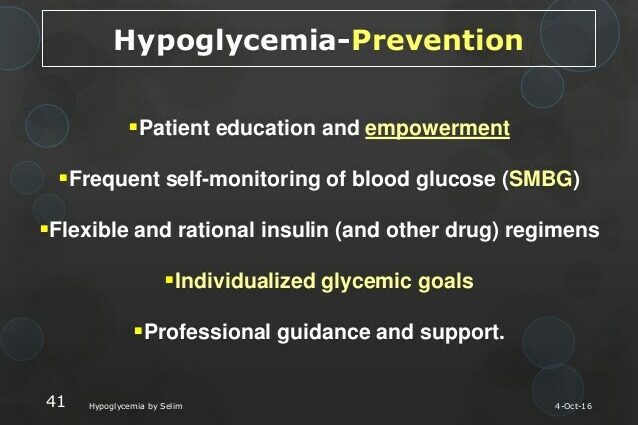Prevention of hypoglycemia
Why prevent? |
Reactive hypoglycemia and “pseudo-hypoglycemia” can be linked to several factors which are sometimes difficult to determine. Nevertheless, many people’s symptoms can be prevented by adopting a balanced lifestyle that is based on food varied and healthy, good stress management and the regular practice ofphysical exercise. These measures have, of course, the great advantage of improving overall health. |
Basic preventive measures |
A healthy diet Diet is the most important element in preventing hypoglycemic attacks. Physical activity Exercise regularly, but in moderation, avoiding strenuous and intense exercise. Exercise improves the functioning of hormones that control blood sugar. See our Physical Fitness file. Good stress management Learn to manage your stress, that is to say to find the source and find solutions to feel more in control (reorganize your schedules, plan meals for the week, etc…). Regularly practicing certain forms of relaxation, such as relaxation exercises (deep breathing, progressive muscle relaxation, etc.), also helps relieve stress. We sometimes notice that hypoglycemic attacks tend to be rarer or to disappear altogether during the holidays. See our feature Stress and Anxiety. |










